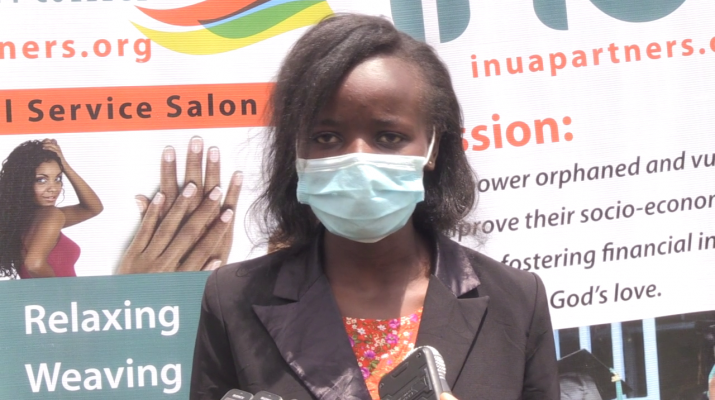The Covid-19 pandemic coupled with the current economic crisis has seen the number of ‘children-headed-families’ in Naivasha rise.
This has been worsened by job losses in various sectors including hotels and farms around the lakeside town since last year when the first case was reported.
However the United Methodist Church has come to the rescue of teenagers from poor and vulnerable families under the Inua Partners in Hope programme.
Under the programme supported by the church and well-wishers from the US, tens of youths from the affected families have benefited from vocational training.
This emerged when 180 youths received start-up kits from the church following a one year training programme in various courses including hair dressing, design, baking among others.
While issuing the kits in Naivasha, Reverend Paul Matheri noted that the programme was meant to empower poor youths who were the heads of their families.
Matheri who is the pioneer of the programme noted that close to 500 youths in Naivasha had benefited from various vocational courses and they were now self-reliant.
“The pandemic has adversely affected all sectors including families where we have more children being the heads of families and we are keen to empower them,” he said.
Matheri challenged the government to partner with them in training more of the youths from poor backgrounds who were keen on the vocational courses.
On his part, the chairman of the programme James Kiiru said that this had turned out to be a game changer for the tens of minors leading their families.
He added that a donor from the US was willing to construct a garage in Naivasha which would be used to train the youths from the poor and vulnerable families.
“We are asking the county government to assist so that we can acquire land for the garage as vocational training has changed the lives of many,” he said.
One of the beneficiaries Glen Wanjiru said the training had positively changed her life and she was ready to be self-employed.
“With the training and the start-up kit we are ready to enter the market and start earning and supporting our families,” she said.
Another beneficiary Mbuthia Muya told how the training had changed his life and that of his family after dropping from school due to lack of fees.
“Through the programme I am now self-employed and the major challenges we are experiencing in the field are high license fees and taxes,” he said.

